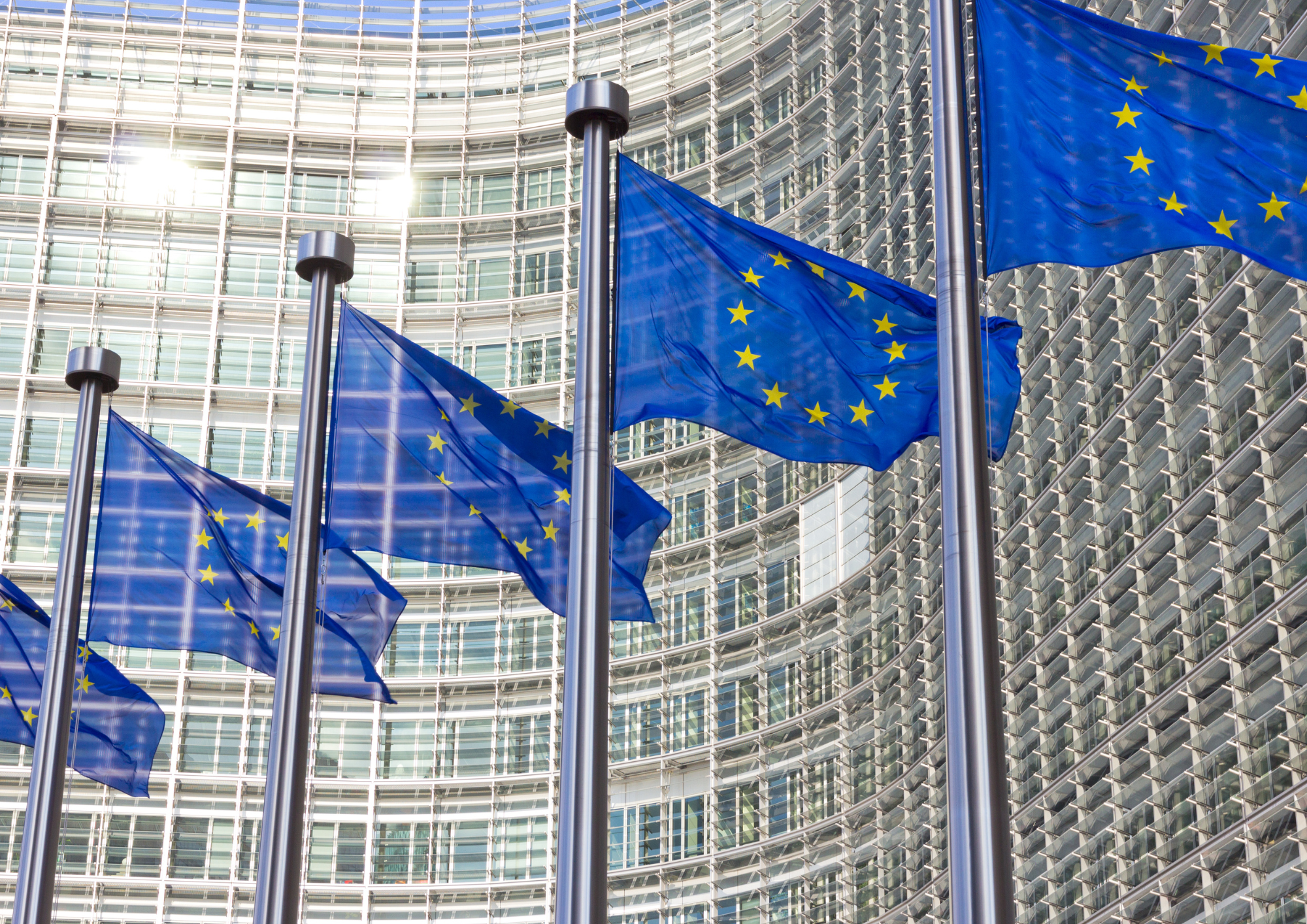On the 27 March 2020 a letter addressed to the President of the European Commission, the President of the European Council and the High Representative of the European Union and signed by 39 MEPs, called for intensified measures to counter disinformation and propaganda surrounding the Covid-19 pandemic. The signatories expressed concern about how the situation was being exploited by foreign governments to profit their own political agendas, naming China and Russia as states of particular concern. The states were accused of sowing mistrust towards the EU, its democratic values and its institutions among Member State and neighbouring societies. Such mistrust seriously threatens the unity of the Union, now and in the long term.
To address the effects of disinformation in the context of the Covid-19 crisis, the signatories emphasised the need to look beyond directly reducing the spread of disinformation, instead promoting action that increases support for, and confidence in, the Union. In light of this, the signatories urged the addressed leaders to take a threefold response: 1. Provide large-scale assistance to Member States, which goes beyond financial support, to include more visible aid, such as equipment, qualified personnel and the cross-border transfer of patients (this should target the worst affected Member States in particular); 2. Strategically and transparently communicate this assistance to the public; and 3. Develop a strategy to better recognise the geopolitical implications of crises and to address foreign governments’ attempts to exploit crises to undermine the European Union.
Ursula von der Leyen calls on online platforms to “step up their action against disinformation on the Corona virus”
On 31 March 2020, Ursula von der Leyen, President of the European Commission released a video statement raising awareness of the harmful impact of disinformation surrounding Covid-19. The President emphasised the serious health threat that disinformation can pose, as well as the need to protect against exploitation of the situation for financial gain.
President von der Leyen continued to promote EU cooperation with online platforms, urging them to take stronger action against disinformation on the virus outbreak. Among these actions, the President urged social media companies to share information with fact-checking community.
Citizens are called upon in the statement to trust reputable sources, such as the World Health Organisation and official health authorities. To further counter mis- and disinformation on the topic, the Commission has launched a specific page on the website where the public can find accurate information on responses to the Corona virus.
Tensions rise in Italy towards German government
Within the European Union, Euroscepticism is by no means a new phenomenon. Throughout the history of the Union, the diverse challenges that have confronted the EU have provided consistent fuel for its popularity – the 2008 Euro Crisis, the 2015 “refugee crisis”, terror attacks – however, the Covid-19 crisis and its socio-economic repercussions have offered new and powerful ammunition for anti-European rhetoric within Member States.
Matteo Salvini, Secretary of the Italian Lega party, is among the European politicians who have been quick to re-shape their Eurosceptic narratives around the Covid-19 crisis. One of the targets of the populist politician’s response is the proposed reforms to the European Stability Mechanism (ESM). Claiming that “Approving the ESM changes would mean ruin for millions of Italians and the end of our national sovereignty”, Salvini accuses the Italian government of “betrayal”, by attempting to make decisions on national interest without authorisation from parliament, reports Reuters.
Anger towards the ESM reforms, due to be finalised in June, have further galvanised tensions between Member States. Rhetoric emerges in this context that is troublingly familiar, with accusations of poor or even absent burden sharing among Member States (and not for the first time, Italy finds itself among the most overburdened). This statement is worrying for two reasons, firstly because it is often true — despite the principle of solidarity being a founding principle of the Union, the weight of European crises rarely falls (or is distributed) fairly among States. Secondly, both where the claim is justified and where it is not, it gives rise to speculation built upon cross-State accusations and ethnic tensions.
Italy’s response to the ESM has allowed such tensions to thrive as misleading accusations, predominantly against the German government, circulate online. The narrative holds that the ESM reforms are attempts of the German government to avoid responsibility sharing in the face of the Corona crisis. Online, such narratives gain momentum through hashtags such as #stopMES[1] or #no MES, widely used by politicians and the public alike (see pictures below).
A counter-explanation of the reasoning behind the reforms can be found here, in an interview with the Managing Director of the European Stability Mechanism, Klaus Regling (conducted by the Financial Times on 30 March 2020). Agenfor International reiterates the need to communicate the Covid-19 response measures taken by European Institutes transparently and effectively. This is a fundamental step in countering mis- and disinformation and rebuilding trust in the Union.
Bots generated to sway public opinion and fracture European Solidarity
Social media debate on Covid-19 and the accompanying challenges have raised concerns about the use of bots by foreign governments to spread propaganda and heighten anti-EU sentiment. Among the campaigns causing particular concern, is that of the Chinese Government on medical aid sent to Italy. The campaign appeared to be met with great positivity and to stimulate large amounts of social media traffic. However, an analysis conducted by Lab R&D, together with Deweave Luiss Data Lab and Catchy Shows into Twitter responses to the campaign suggested that much of the response to the campaign was generated by bots. Their investigation of the hashtag #forzaCinaeItalia (Go China and Italy), which was used widely in response to the campaign, suggests almost half of the tweets using the hashtag (46.3%) between 11 and 23 March were posted by bots. The report continued to explain that, in the same period, 37.1% of those using the hashtag #grazieCina were likewise the work of bots. Inflating positive responses to the actions of the Chinese government can create the illusion of wide support, which in turn is likely to stimulate genuine human responses at a faster rate.
While such investigations enable analysists to recognise social bots, deciphering the intent of their owner, as well as the intended audience, is often more complicated. Pro-government (or anti-opposition) propaganda can be a powerful force in gaining domestic support, however there are fears that bots are frequently weaponised abroad to disrupt social order, undermine foreign governments, or to advance another state’s own political agenda and financialgain. In this way, bots can be used to spread disinformation or increase anti-government sentiment by making certain pieces of information appear highly popular (for example, through monopolising the use of divisive hashtags and topics), irrespective of the accuracy or source of the information[2]. In a time when the public is overwhelmed by large amounts of Corona-related data, the apparent popularity of each piece of information and each source can be an especially manipulative tool, leading citizens away from important advice and sowing doubt about the institutions working to protect and support them.
Agenfor suspects they too have fallen victim to trolls and bots.
What are social bots?
Social bots are pieces of software that automatically generate content and interact with humans on social media[3]. Malicious bots, specifically designed with harmful intent, pose as genuine human users in order to spam other users, steal personal data and identities, and spread disinformation or noise to dilute reliable information sources. While these activities can be conducted by human actors, bots are cheap, quick to mobilise and easy to modify, multiplying their ability to manipulate public, political and media debates and making them a dangerous weapon in swaying public opinion. The impact of social bots remains unknown; however, the extent of their use is widely reported. One example frequently referred to is the use of bots during the 2016 U.S. presidential election. In an analysis of Twitter bots during the first presidential debate of the election, Kollanyi et al. report that almost 20 per cent of all Twitter traffic about the debate was generated by bots, despite the posts being traced back to only 0.5 per cent of users commenting on the debate.[4] Today, this example serves not as an exceptional case but rather it is feared the norm.
[1] MES: Meccanismo Europeo di Stabilità (Engl. ESM)
[2] Academic Society for Management & Communication (2018) “How powerful are Social Bots? Understanding the types, purposes and impacts of bots in social media.” Communication Snapshots, June 2018 (http://www.akademische-gesellschaft.com/fileadmin/webcontent/Publikationen/Communication_Snapshots/AGUK_CommunicationSnapshot_SocialBots_June2018.pdf; 01.04.2020).
[3] Forelle, M., Howard, P., Monroy-Hernandez, A. & Savage, S. (2015) “Political Bots and the Manipulation of Public Opinion in Venezuela,” SSRN Electronic Journal.
[4] Kollanyi, B., P. Howard & S. Woolley (2016) “Bots and Automation over Twitter during the First U.S. Presidential Debate” (COMPROP Data Memo; http://comprop.oii.ox.ac.uk/wp-content/uploads/sites/89/2016/10/Data-Memo-First-Presidential-Debate.pdf).


